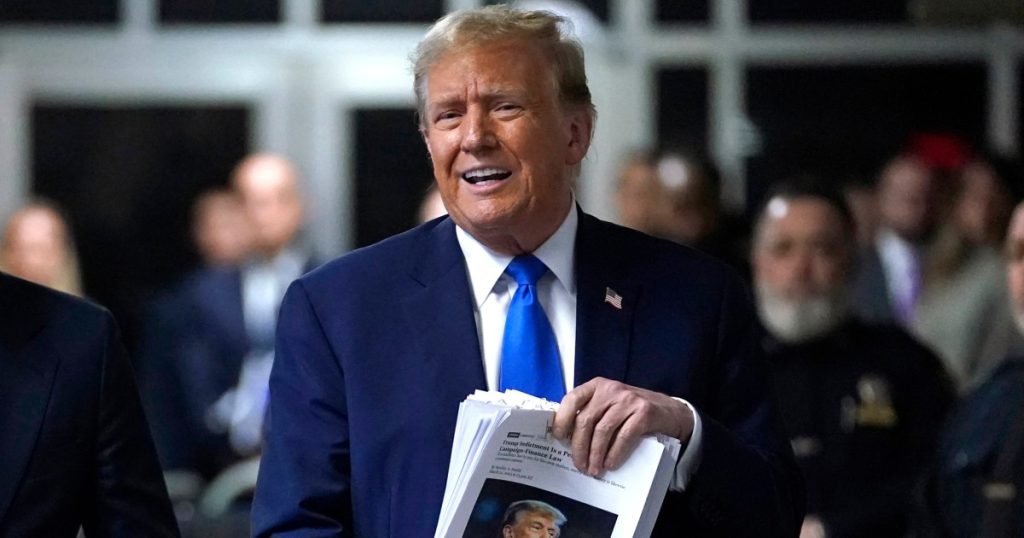David Pecker, the former publisher of the National Enquirer, testified in Donald Trump’s criminal trial regarding hush money payments made to a porn actress, Stormy Daniels, and a Playboy model, Karen McDougal, who claimed to have affairs with Trump. Pecker revealed Trump’s efforts to acquire the rights to McDougal’s allegations and the Enquirer’s archives but ultimately backed out due to potential legal issues. When Daniels came forward with her claims during the 2016 presidential campaign, Pecker advised Trump’s attorney, Michael Cohen, to pay her. Cohen initially hesitated, but eventually paid Daniels $120,000. Pecker expressed discomfort in handling the situation due to his conservative business relationships.
After Daniels was paid, Pecker met with Cohen at Trump Tower, where Cohen requested reimbursement from Trump. Trump promised to take care of it. Subsequent meetings between Pecker, Trump, and Cohen involved discussions about how to handle McDougal’s story and other potentially damaging issues. Pecker eventually fronted $150,000 to McDougal in exchange for her story and commitments not to divulge details of her relationship with a married man. The primary purpose of suppressing McDougal’s story was to influence the 2016 election, according to Pecker’s testimony.
During the trial, it was revealed that Trump wanted exclusive rights to material held by the National Enquirer about him. This led to Cohen creating a company to pay for McDougal’s story to secure those rights. Pecker expressed concerns about potential legal implications of accepting payments directly from Cohen. Despite an initial agreement for Cohen to pay him $125,000, Pecker eventually dropped his demand for reimbursement due to legal concerns. After the Wall Street Journal ran a story about the payment to McDougal, Trump accused Pecker of leaking the information, leading to false statements from Pecker’s company.
Following public interviews from Daniels and McDougal, Trump was reportedly agitated and demanded payments for their breaches of confidentiality agreements. Pecker testified to receiving a letter from the Federal Election Commission related to the payments. He was assured by Cohen that they need not worry due to connections to Trump’s attorney general Jeff Sessions. Pecker later signed a cooperation agreement with prosecutors and considered Trump a friend and mentor. He acknowledged suppressing negative stories about Trump and his associates over the years.
Prosecutors sought to hold Trump in contempt for making public statements about witnesses participating in the trial. Trump’s contraventions of the judge’s orders led to requests for a hearing on the matter. The trial focused on 34 counts of falsifying business records related to hush money payments made to Cohen. Trump has pleaded not guilty to the charges. The testimonies from Pecker shed light on the efforts to suppress negative stories about Trump and influence the 2016 election through payments to silence accusers. The trial further highlighted the legal and ethical implications of such actions and the involvement of key figures in Trump’s inner circle.


